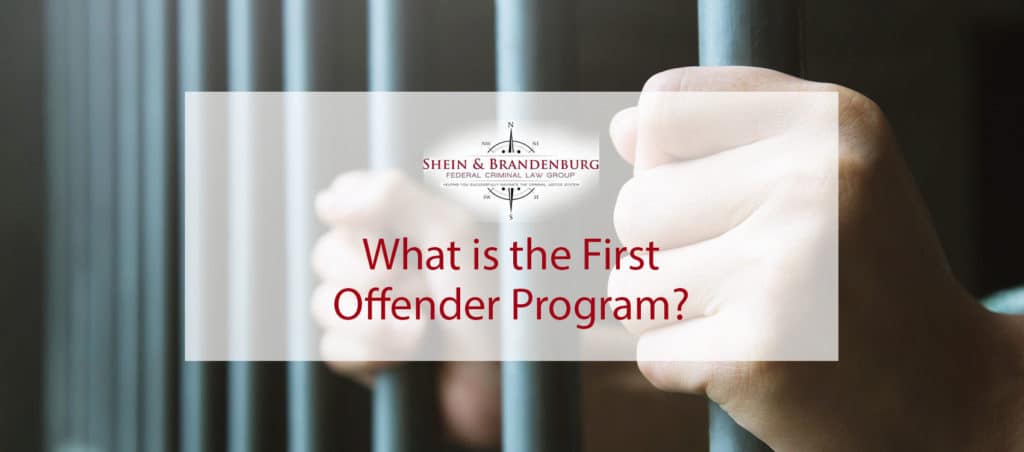Understanding the First Offender Program
Following a first arrest, it is common to end up experiencing a number of emotions such as confusion and fear. Because most people think that they will never end up facing criminal charges, it is often bewildering to be charged with a criminal offense for the first time. Continue reading to learn more about the first offender program.
What is the Federal First Offenders Act?
The Federal First Offender Act (FFOA) is a unique probation program for the first-time offender. A person is classified as a first-time offender if he or she has been convicted of a crime for the first time. Being designated as a first offender offers a person the possibility to receive a more lenient sentence than someone with a more substantial criminal history. The Act further states that a first-time offender can complete a period of probation that would allow the individual to have a charge dismissed without a conviction being entered. In many cases, the arrest and accompanying case can also be expunged.
Qualifying for the Program
Not all individuals who are convicted of a criminal offense for the first time are eligible to attend the program. To qualify for the first offender program, a person must establish several elements, which include the following:
- The individual has been found guilty of simple possession of a controlled substance
- The individual has not before committing the offense or been convicted of violating a federal or state law related to a controlled substance
- The individual has not previously been offered first offender treatment under any federal or state program
- A court has entered an order pursuant to a state rehabilitative statute under which the criminal proceedings have been deferred
Controlled Substance Offenses
If an individual is convicted of a criminal offense under section 404 of the Controlled Substance Act, a court can place the individual on probation for a term of not more than one year without entering a judgment. If an individual has not violated a condition of probation, a court can dismiss the proceedings against him or her and discharge the person from probation. After the conclusion of probation, if an individual has not violated a condition of probation, the court can dismiss the proceedings against the individual and discharge that person from probation. If a probation violation occurs, it is possible that the offender could be resentenced. It is also important to understand that if a case is classified as an offense under section 404 of the Controlled Substances Act and the individual is younger than 21 at the time of the offense, a court can enter an expungement order for the individual. An expungement means that the record will be removed from all official records.
Speak with an Experienced Criminal Defense Attorney
If you are interested in enrolling in the First Offender Program, you should not hesitate to obtain the assistance of an experienced criminal defense attorney. At the Federal Criminal Law Center, we have substantial experience helping people navigate the complex issues involved with criminal cases and will remain committed to fighting for the results you deserve. Contact our law office today to speak with an experienced attorney. Schedule a free case evaluation today.


